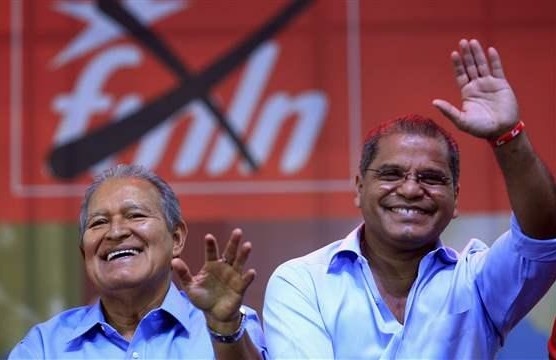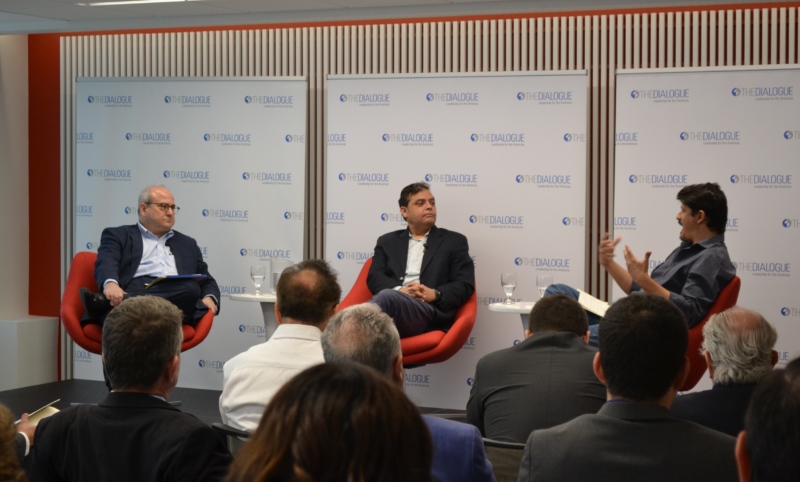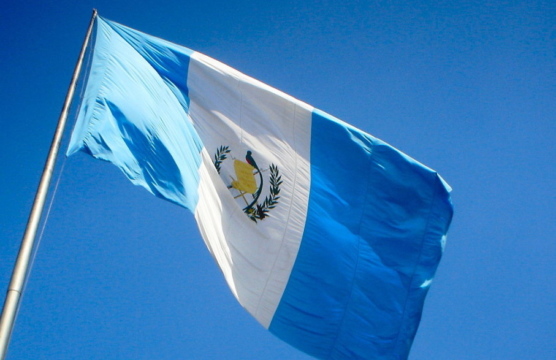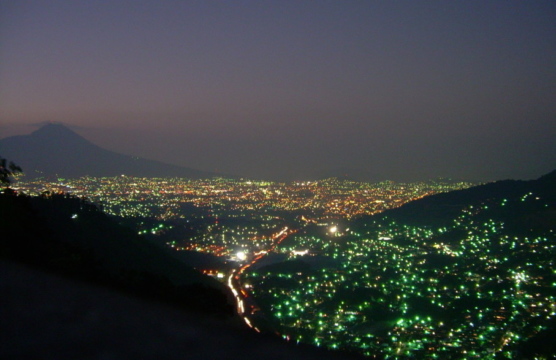
The Implications of El Salvador’s Elections
Although experts predict that the ruling FMLN party will hold on to power in El Salvador’s elections, whoever wins faces a complex set of challenges.
On June 20, the Inter-American Dialogue invited founder, Carlos Dada, and director, José Luis Sanz, of El Faro, the preeminent online investigative journal in El Salvador, to reflect on the aftermath of the Chapultepec Peace Accords and on the current challenges facing El Salvador. The widely-attended event focused on El Salvador’s political transition after the civil war, the challenges to the rule of law and citizen security, and the impact El Faro has had on journalism in the Americas.
25 years since the signing of the peace accords, Dada and Sanz looked back on the unfulfilled promises and remaining hope of the agreements. Dada was quick to celebrate the 25 years as a “landmark and an opportunity.” He reminded the audience that, without the peace agreements, El Faro would not exist and a military subservient to civilians would have been unthinkable. These were some of the achievements Dada applauded despite the current challenges of violence and poverty in El Salvador. Sanz offered a more cautious reflection. For him and many in El Salvador, the accords were a remaining symbol of hope to transform the country into a democratic one.
"We are still seeing corruption in ES. The military and the police are still escorting drug traffickers in the country." @CarlosDada #ES25 pic.twitter.com/nAJ665gCSn
— The Dialogue (@The_Dialogue) June 20, 2017
The hope for a more democratic government revealed both journalists’ discontent with the two dominant parties in El Salvador: the FMLN and ARENA. In the aftermath of the accords, ARENA led the country for 20 years, and El Faro rose to prominence by covering stories on the ARENA administrations. Until 2009, El Faro was seen as more sympathetic to the FMLN for their uncensored coverage of political matters facing the country. In fact, El Faro went on to become “critical media for the FMLN.” Once the Funes administration won the presidency, El Faro continued its commitment to investigative journalism and gained international prominence uncovering corruption scandals. Their coverage, however, resulted in backlash and criticism. For many on the left, El Faro had betrayed the FMLN. Today, both parties respect El Faro’s work, but Dada and Sanz remain critical of the parties’ ties to a violent past and their inability to propose a political plan for the future of El Salvador.
The discussion turned somber when the topic of gang violence inevitably surfaced. Both journalists condemned the shortsighted policies to tackle the maras. For them, maras are not a “criminal problem only,” they are also a social problem, and policies have to address the structural problems that led to the proliferation of gangs—in the US, El Salvador, and the Northern Triangle. During the discussion, there was a critical analysis of the transnational dimension of the problem, and the failed policies, including deportations of members of MS-13 and Calle 18 in the US. Above all, Dada and Sanz condemned the continued repression against the gangs and called for the political leadership to uphold the rule of law.
“La impunidad sigue en El Salvador 25 años después de los Acuerdos de Paz. Eso debe ver Colombia”: @CarlosDada - #ES25 @The_Dialogue. https://t.co/AnN23XJBrN
— elfaro.net (@_ElFaro_) June 20, 2017
The event concluded with a question and answer section on the role and responsibility of the US during the civil war and its aftermath, El Faro’s pioneering role as an online newspaper, the threat journalists face in the Northern Triangle, and the lessons Colombia can learn from El Salvador’s peace accords and its implementation.
Watch the full recording of the event here:
Although experts predict that the ruling FMLN party will hold on to power in El Salvador’s elections, whoever wins faces a complex set of challenges.
Which countries in the region are making strides in fighting corruption, and which are falling short?
Organized criminal groups pose an increasing risk to democracy and the rule of law in El Salvador.
 Irene Estefania Gonzalez / Inter-American Dialogue
Irene Estefania Gonzalez / Inter-American Dialogue

 Video
Video